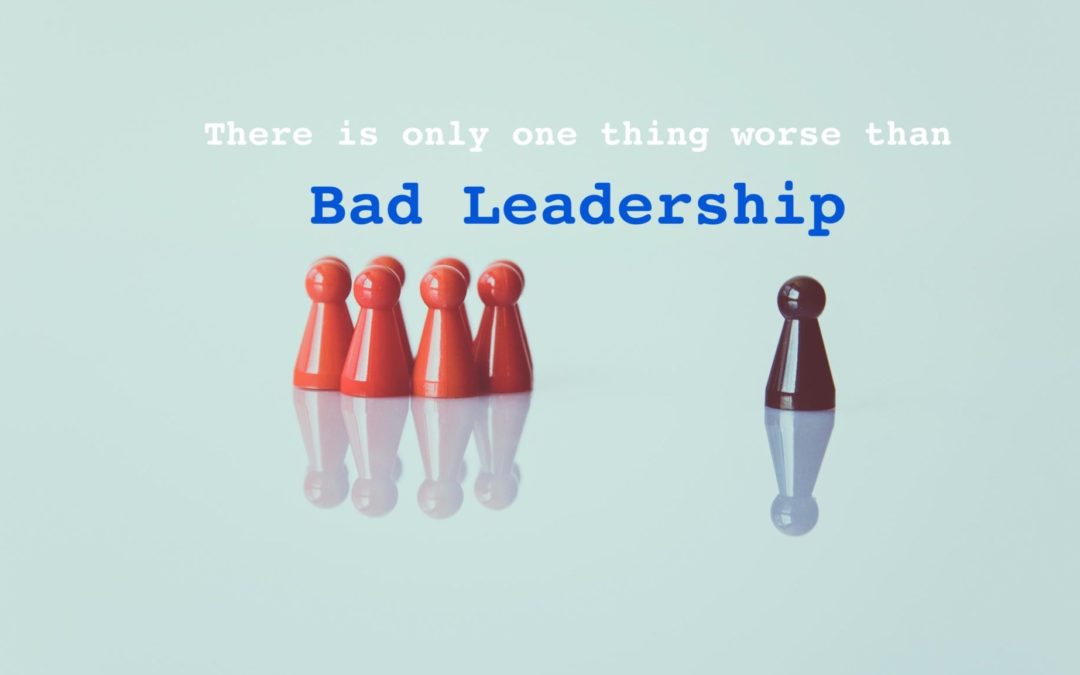Welcome to Gugin Research Institute: Empowering Businesses Through Cross-Cultural Insights
At Gugin Research Institute, our mission is to deliver innovative, tailored solutions that empower organisations to thrive in today’s dynamic global landscape. As we navigate an ever-evolving business environment, we are committed to investing in cutting-edge research and enhancing our services to ensure our clients stay ahead of the curve.
Our strong ties with leading academic institutions and thousands of companies worldwide allow us to bridge the gap between theory and practice. By staying at the forefront of the latest academic findings, we can effectively address the unique challenges our clients face and enhance their competitive advantage through actionable insights.
Why Partner with Gugin Research Institute?
In an increasingly interconnected world, understanding the nuances of cross-cultural leadership, innovation, and company culture has never been more crucial. Companies that invest in independent management research, particularly from a respected body like Gugin, stand to gain several competitive advantages:
1. Data-Driven Decision Making: Our research provides empirical evidence that helps organisations identify patterns, challenges, and opportunities within their workforce and industry. This data-driven approach reduces reliance on assumptions and enables informed decision-making.
2. Enhanced Organisational Performance: By understanding the dynamics of cultural diversity and employee engagement, companies can implement more effective strategies that enhance overall performance. Our research focuses on revealing insights that lead to improved productivity, employee satisfaction, and retention rates.
3. Tailored Strategies for Innovation: Innovation is the lifeblood of any successful organisation. Gugin Research Institute’s findings help companies cultivate an environment where creativity thrives, allowing for the development of innovative solutions that resonate with diverse markets.
4. Competitive Advantage: Gaining insights from independent and acclaimed research enables organisations to stay ahead of market trends and competitors. Our collaboration with world-class academics ensures that your company benefits from cutting-edge knowledge and practices, equipping you with the tools to outperform rivals.
5. Cultural Competence: Understanding the intricacies of cross-cultural interactions empowers your leadership to foster a more inclusive environment. This competence not only improves internal communication but also enhances external relations with clients and stakeholders.
6. Strategic Alignment: Our research aligns organisational culture with business objectives. By identifying the cultural patterns and preferences within your organisation, we help you create strategies that support your goals and vision.
Tailored Research Solutions for Your Organisation
At Gugin Research Institute, we conduct two primary types of research designed to meet your specific needs:
1. Client-Initiated Research: We collaborate closely with large corporations seeking in-depth knowledge about their internal cultural dynamics and employee preferences. Our research provides a comprehensive understanding that can inform strategic initiatives and enhance organisational effectiveness. Whether you seek to understand employee engagement levels or the effectiveness of leadership styles, our tailored research identifies key insights critical for your success.
2. Core Research Initiatives: We also undertake core research projects that explore fundamental themes within our expertise. These initiatives often receive sponsorship from industry partners, enabling us to share valuable findings through our consulting services and training programmes. For example, our recent white paper on leveraging cultural diversity outlines how global companies optimise their workforce for success, showcasing applicable strategies that any organisation can adopt.
Your Roadmap to Research Excellence with Gugin
Engaging Gugin Research Institute means embarking on a research journey tailored specifically to your needs. Here’s how we turn challenges into solutions:
1. Identification: Our consultants gather insights from your organisation to propose relevant research topics that address your unique challenges.
2. Proposal Development: We refine shortlisted ideas, outlining expected outcomes, academic contributions, and their relevance to your strategic objectives.
3. Collaborative Sponsorship: Once a project is selected, we engage with potential sponsors, ensuring that the partnership aligns with project goals while negotiating terms and conditions.
4. Hypothesis Development: We establish a guiding hypothesis that sets the stage for the research, ensuring our focus remains sharp throughout the project.
5. Data Collection: While our academic researchers dive deep into literature, our practical team designs and executes surveys, interviews, and focus groups to gather real-world insights.
6. Analysis and Reporting: We analyse the data, compare the results against our hypothesis, and produce comprehensive reports that include conclusions and actionable recommendations.
At Gugin Research Institute, we are proud members of The Academy of Management and The Society of Industry Leaders. These affiliations underscore our commitment to excellence, collaboration, and thought leadership in the field of management research.
Gugin Research Institute: Highlights of Our Research Contributions
At Gugin Research Institute, we pride ourselves on conducting impactful research that informs and transforms organisational practices. Our studies serve as a bridge between academic concepts and real-world applications, providing our clients with valuable insights into cross-cultural leadership, innovation, and company culture. Below, we showcase some of the notable research projects we have undertaken:
1. Cultural Diversity and Organisational Performance
This study explored how global companies successfully leverage cultural diversity to enhance their performance. By analysing case studies and conducting surveys across multiple organisations, we identified best practices for fostering an inclusive culture that promotes collaboration and creativity. The findings highlight the tangible benefits of diverse teams and offer actionable recommendations for implementation.
2. Leadership Styles in Multicultural Environments
Our research focused on the effectiveness of various leadership styles in multicultural settings. By examining the behaviours and preferences of leaders and employees from diverse backgrounds, we provided insights into how adaptive leadership strategies can improve engagement, trust, and overall effectiveness. This research is invaluable for organisations looking to enhance their leadership development programmes.
3. Employee Engagement and Retention Strategies
This project assessed the factors influencing employee engagement and retention within multinational corporations. Through comprehensive surveys and focus groups, we gained a deep understanding of employee motivations and the impact of organisational culture on job satisfaction. The resulting framework assists organisations in designing tailored strategies to enhance employee loyalty and reduce turnover.
4. Innovation in Company Culture
In this research initiative, we investigated the relationship between company culture and innovation output. By examining organisations known for their innovative practices, we were able to pinpoint cultural elements that foster creativity and risk-taking. Our findings guide companies in cultivating a culture that nurtures innovation, ultimately leading to sustainable growth and competitive advantage.
5. The Impact of Remote Work on Team Dynamics
As remote work has become increasingly prevalent, our research examined how it affects team cohesion and communication. We gathered data from various industries to understand the challenges and opportunities presented by remote collaboration. The insights gained from this study inform strategies that organisations can implement to maintain strong team dynamics and effective communication in a virtual environment.
6. Cross-Cultural Communication and Conflict Resolution
This research project delved into the intricacies of cross-cultural communication within organisations. By analysing real-world scenarios and interviewing employees from various cultural backgrounds, we identified common barriers to effective communication and strategies for overcoming them. This work aids companies in developing training programmes that enhance cultural competence and promote harmonious workplace relationships.
Explore More of Our Work
These highlights represent just a fraction of the research conducted by Gugin Research Institute. Our commitment to continuous inquiry and collaboration with industry partners ensures that our findings remain relevant and impactful. We invite you to explore our extensive library of studies, reports, and white papers, all aimed at helping organisations navigate the complexities of a diverse global marketplace.
Unlock Your Potential
In a world where the landscape is shifting faster than ever, the importance of independent, high-quality research cannot be overstated. Partnering with Gugin Research Institute means gaining access to insights that are not only academically rigorous but also pragmatically applicable. Our esteemed reputation and dedication to driving meaningful change ensure that the results are grounded in expertise and tailored to your needs.
If you’re ready to unlock the potential of cross-cultural insights and drive innovation within your organisation, let’s connect. Together, we can make a difference that elevates your company to new heights.
Contact us today to learn how Gugin Research Institute can help you thrive in a diverse and dynamic world.

- We align your corporate culture with your strategy.
- We take you safely through major changes in your organisation.
- We develop the crucial cultural intelligence in your organisation by training your employees and leaders
- We help you develop a competitive advantage with a unique corporate culture
Gugin has helped more than 600 companies around the world creating a winning corporate culture.

An employee betrays you. What do you do?
Most people have tried being betrayed by another person. How we deal with it in a personal setting can vary a lot depending on the circumstances and our personal attitudes. When it happens in a company when someone betrays the company in one or the other way, we need...

The Millennial Generation change the Cultural Patterns
The millennials are between 20 and 35 years old and they haven't lived a life without the internet. They are probably the most progressive, idealistic and tolerant generation the world has seen. Who are they and how are they going to change the world? The reason why I...

There is one thing worse than bad leadership
We are good at reducing bad leadership Most leaders and managers are well aware that the quality of their performance has a huge influence on the people they manage or lead. This is also why organisational feedback systems are so valuable because they indicate how and...

Artificial Intelligence :: How not to destroy your company culture
chatGPT sparked the AI race into warp speed leaving companies, legislators and everyone else partly paralysed about what that is going to mean to everything we know. Gugin has helped companies create the right company cultures for more than 20 years. We have never...

Be Global in anything you do everywhere in the world
It seems Hamlet is not alone with his whim. Born from a genius mind four centuries ago, it still holds true to describe one of the most difficult processes for any human being: Decision Making. It can be as complex as a multinational acquisition or as simple as what...
